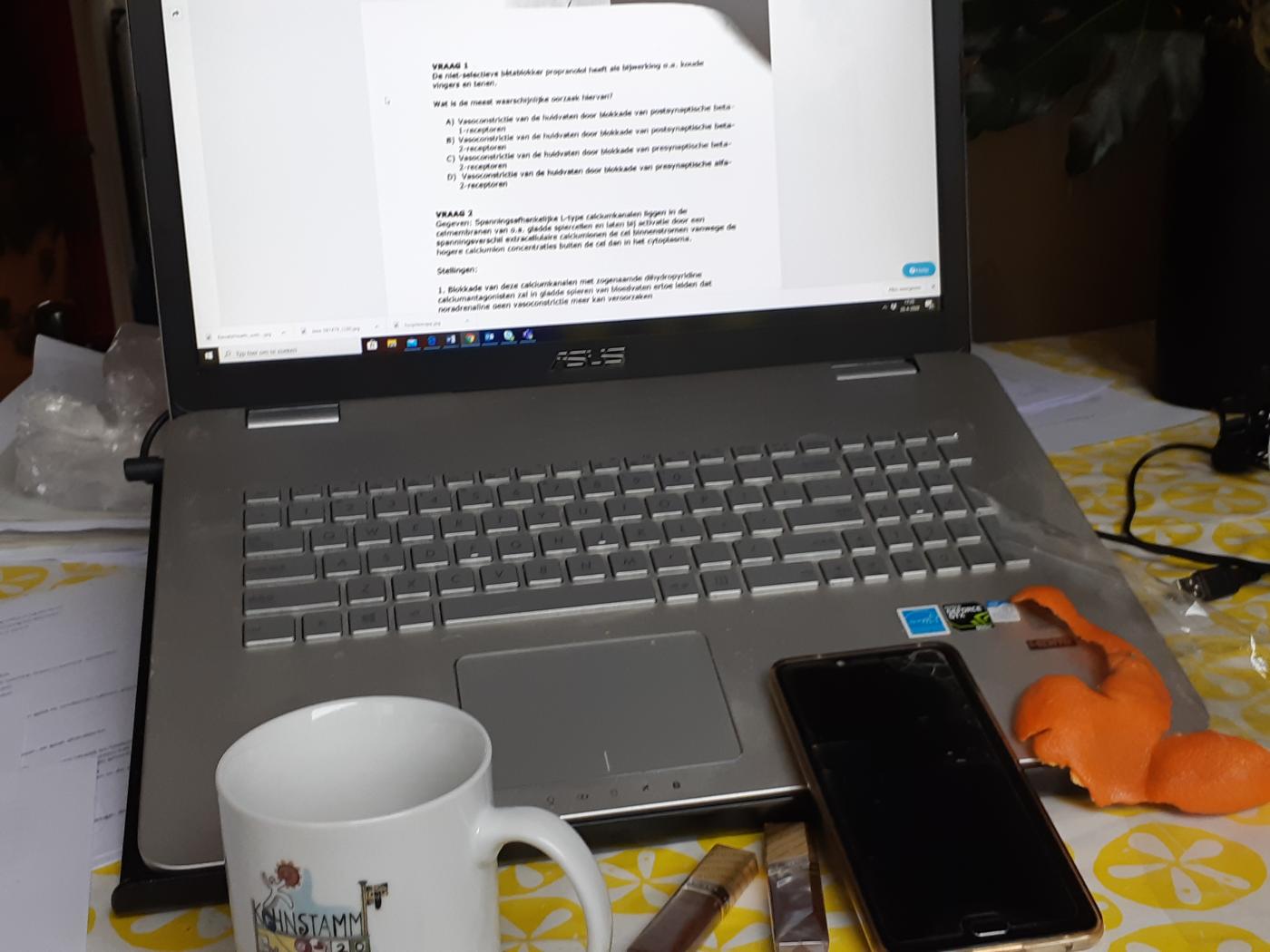Youths resisting online surveillance

Eleven organisations are concerned about digital surveillance when students take their tests online. They call on secondary vocational education and higher education to stop this so-called "online proctoring" as much as possible.
With online proctoring, students are filmed in their room via a webcam and their keystrokes and other behaviour can be followed. They have to give the educational institution access to their software and hardware ahead of time.
Careful transition
The eleven organisations appreciate that "a lot of" work is being done to provide education online and prevent study delays as well as possible despite the corona crisis, they write (in Dutch, ed.). However, the transition to online testing must be made carefully.
Often, students are faced with the choice between study delays or privacy violations: if they do not allow any invasion of their privacy and do not accept online proctoring, they will not be able to take an exam for the time being and will suffer study delays.
Programmes should first consider alternatives such as open book exams, substitute assignments, and essays, according to the youths. And if it really cannot be done otherwise, the institution should consult with students about online proctoring and, for example, clarify what exactly happens with their data.
For students who do not want (or cannot) participate in a test with online proctoring, there must always be an alternative, the youth organisations state. For example, a small-scale physical test in which the hygiene measures are taken into account.
Discussion in Utrecht
This theme also plays a role at Utrecht University. Students in the University Council called on the Executive Board to stop online proctoring as long as it is privacy-sensitive. In a reaction, the rector stated that he understands privacy, but that he has no choice but to prevent students from being delayed. "Necessity knows no laws," he said.
UU data protection officer Artan Jacquet has reacted strongly to the DUB article on this subject. He points out that it is odd that the Executive Board has already made a decision before it has investigated the privacy and information security aspects of online proctoring. He writes that "a proper decision-making process and proper handling of the fundamental right to privacy - including your own students for whom you do it all - looks different.”
Privacy impact
Today, the organisation for ICT in Dutch education and research SURF is publishing a new white paper on online proctoring. The privacy impact is indeed "considerable", it says. Programmes must therefore carefully consider whether the examination outweighs privacy.
In addition, as with regular exams, programmes must be careful that students do not cheat. To prevent this, each student should be given a unique exam, with their own questions and cases. Sometimes, a second camera may be required in addition to the webcam on the laptop. Another problem: if the lockdown continues for a long time, fraud software may be installed to deceive invigilators while using online proctoring.
The eleven youth organisations listed their objections in a letter and sent it to the educational institutions. It was signed by the political youth organisations of GroenLinks, D66, VVD, PvdA, Denk, ChristenUnie, Partij voor de Dieren, and SP, and by student organisations ISO, LSVb and JOB.
On March 22, ten student parties, including the Vrije Student, had already presented a privacy manifesto to the minister in which they called on the minister to guarantee privacy for students.